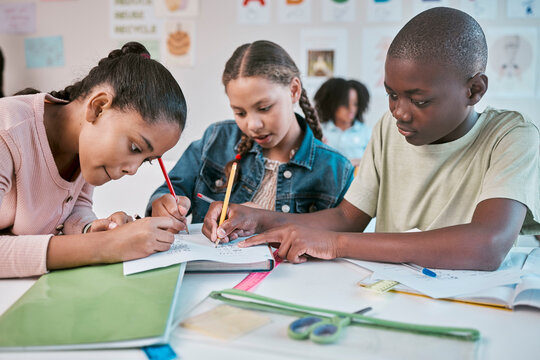
Every parent knows that sinking feeling when your child trips, spills, or gets something wrong in front of others. Our first instinct is to rush in and fix it. But here is a gentle thought worth sitting with: what if those small stumbles are exactly what our children need? The best start-ups do not begin with a perfect product. They begin with a simple idea, test it out, learn fast from mistakes, and adjust. Parenting can work the same way. We do not need to expect perfection from our little ones right from the start. We just need to give them room to try, slip up, and try again in safe and small ways.
Think of a child learning to pour water into a cup. The first few tries might end with puddles on the table. A start-up founder would call this useful feedback. For a child, it is the same. Each spill teaches something new about grip, aim, and patience. When we step back and let them figure it out, we help them build courage, problem solving skills, and trust in themselves. Our job as adults is to guide with calm words, not to rescue too quickly. When a plan does not work, children can adjust and keep going. That is how they grow stronger for the next challenge.
At Sheffield Kidsworld in Singapore, we see this learning style in action every day with our preschoolers. Through guided play, choice making, simple classroom jobs, and project work, children get plenty of chances to test ideas and bounce back from setbacks. Our teachers coach with patience and offer reflection time after activities so children can talk about what worked and what they might try differently. We also share these small wins with parents because every bit of progress matters. Safe boundaries are always in place, but within them, your child has space to explore, make decisions, and grow. We believe that raising confident children starts with letting them take those first brave, wobbly steps on their own.
Comments
Post a Comment